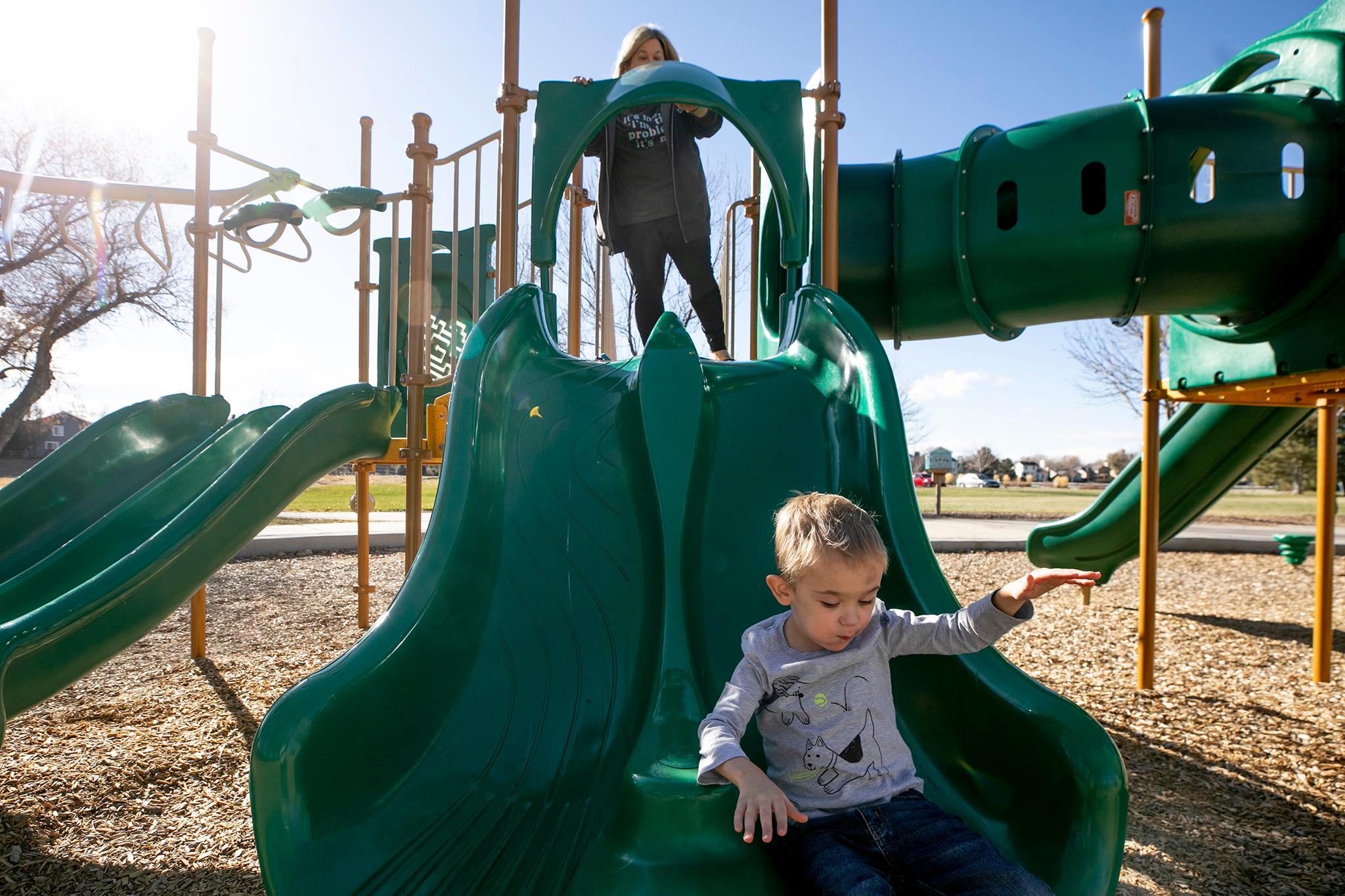
Following months of pleas from autism care providers and families, the state legislature’s Joint Budget Committee voted Wednesday to raise Medicaid reimbursement rates for pediatric behavioral care by about 25 percent.
Medicaid reimbursement rates decide how much money providers receive from the state for various services they provide. Clinics provide treatments, then bill the state for whatever percentage of the costs is eligible for repayment.
Behavioral clinics have spent years calling for increases that would allow them to serve more patients without shouldering overwhelming upfront costs, or forcing them to pass those costs on to families.
Discussion of the issue has intensified in recent years as autism care providers began leaving Colorado in droves, citing low Medicaid rates set by the Department of Healthcare Policy and Financing. Medicaid eligibility was expanded during the pandemic, but providers say reimbursements have not risen enough to help them keep up with the added demand.
Colorado’s remaining providers have said they’re seeing waitlists get longer and longer as families are dropped by departing clinics. Some have referred to the situation as a crisis.
During the Joint Budget Committee meeting on Wednesday, lawmakers considered a proposal by state Sen. Barbara Kirkmeyer to send around $10 million in additional funding to the Department of Healthcare Policy and Financing, or HCPF, in order to pay clinics more for several types of pediatric behavioral services.
That money really just reflects a shifting of dollars within the department. Healthcare Policy and Financing told lawmakers it expects to save $22 million in other areas, due to a forecasted decrease in demand for Medicaid services overall.
Part of those freed-up funds were reallocated by Kirkmeyer’s proposal. She also expressed frustration that the department didn’t seem open to raising autism provider rates without legislative intervention.
“I was a bit perplexed when [HCPF were] reverting funds back. [There are] $22 million of general fund monies being reverted back. What a better use, then, to jumpstart these rates now so that we stop losing providers and that we get these kids off the waitlist,” Kirkmeyer said during the Wednesday committee hearing.
HCPF requested an increase in autism care provider rates in this year’s budget, but providers told CPR News that proposal was too limited to stem the loss of clinics in the state. The figure proposed by the Medicaid department was about a third of what was recommended by the Medicaid Provider Rate Review Advisory Committee, a group appointed by the state legislature to advise HCPF on how to manage Medicaid rates.
The six-member budget committee unanimously voted to approve Kirkmeyer’s proposal.
Autism care providers, families react
J.J. Tomash, founder of BehaviorSpan, an applied behavioral analysis therapy clinic that works primarily with autistic children who have significant developmental delays, told CPR News in November that low Medicaid rates have caused employee burnout, long waitlists and financial stress in his clinic.
For years, Tomash has participated in conversations with lawmakers and Medicaid officials about the effects of low rates in his industry. He listened to the hearing remotely on Wednesday and said he felt relieved.
“I was overjoyed, jumping out of my chair, overjoyed,” Tomash said, recalling the moment the committee approved Kirkmeyer’s proposal. “[Wednesday] was a really great day for Colorado and for our field, and I think for hours afterwards, I was on the phone and messaging with families and other providers. All of them were just over the moon about it.”
Tomash said the increase in provider rates would allow his clinic to hire more staff, provide more services and give much-needed raises to current employees. While he’s excited, he doesn’t want to get ahead of himself — he wants to know when the new rates will actually take effect.
The earliest rates can increase is mid-February, according to the committee. The rate change must be approved by the full legislature and the federal Centers for Medicare & Medicaid Services.
Jenee Allen, whose 5-year-old son Beckett is autistic, has already experienced one clinic closure and was forced to find a new provider on extremely short notice.
“It's a shame that so many had to lose services while we kind of had to fight the battle,” Allen said. “But I am so happy that [the committee] listened.”
Some questions do remain though, including whether funds will be made available in the future to expand Medicaid reimbursement to cover additional services. Tomash said BehaviorSpan loses money by providing services like one-on-one training for parents, even though they know they won’t be reimbursed by the state for it.









